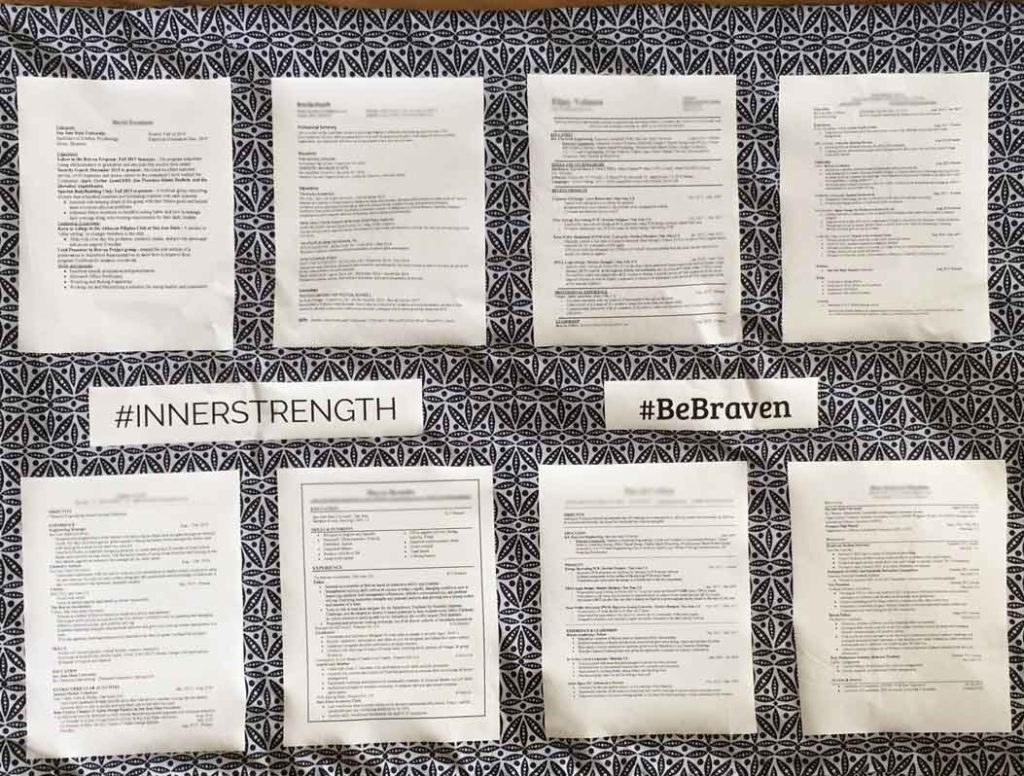
EMPATHY
A lot of my clients’ first sessions start with them saying “I don’t need any of that touchy-feely stuff, I just want to get the work done”. Well, empathy definitely falls into the often-disdained area of soft skills, but let me tell you why it’s important.
What it is:
According to Webster, empathy is: “the action of understanding, being aware of, being sensitive to, and vicariously experiencing the feelings, thoughts, and experience of another of either the past or present without having the feelings, thoughts, and experience fully communicated in an objectively explicit manner; also: the capacity for this.”
OK, that’s a mouthful but you can’t get more touchy-feely than that. To simplify – empathy is seeing things through the other person’s lens. To be empathetic you must understand and experience their feelings. Who wants to make time for that? I suggest you do should you want to be successful. We do not work or live in a vacuum (even in the age of COVID19). As humans, things happen that affect our performance. Good things, bad things, weird things. If you are not able to understand what your employee is experiencing, how can you gauge how to get the best out of them?
For example, suppose you manage the local Animal Shelter. Suffice it to say that most of the staff have a huge attachment to animals in general and especially to their own pets. One of your call takers comes to work after having lost a beloved pet, If you’re not empathetic to their feelings, you may only see them as an employee and probably expect them to deal with their emotions on their own time.
If, on the other hand, you understand what they may be experiencing, you adjust to the situation. You realize that they may be faced with working with partons who have deceased animals and assign other duties for the day.
Empathy is the ability to understand how emotions affect someone.
What it is not:
Don’t misunderstand, empathy does not mean accepting poor performance and bad attitudes simply because someone is out of sorts. As the manager, it is still your responsibility to “get the work done”. You have a right (and a duty) to call people on their performance and to take measures to make sure it is up to your standards. Maybe that employee that just lost a pet needs a different set of duties for the day. If that’s not possible, maybe they don’t need to be at work at all. But it doesn’t mean they can be short-tempered to others or not perform the job. That’s where you must do your job and decide what’s best for the organization. The ability to empathize can help you decide on the correct course of action.
More importantly, empathy is not sympathy. Empathy asks you to understand what the other person is feeling, not to take them as your own. It is the difference between helping someone out of a hole vs. being in the hole with them. As a manager, your job is to help them out of the hole, not get stuck in it with them.
How to Become an Empathetic Manager
So how does a manager go about developing empathy? Become aware. Take the time to develop quality relationships with your people and you will begin to see and hear what they need from you. At the same time, don’t be afraid to ask. They will tell you. When they do, believe them and do your best to give them what they need. In addition to becoming more aware of your staff, work hard at understanding yourself. Do a basic gut check to see if you’re helping someone out of the hole or if you’re standing beside them. Adjust accordingly.
To learn how to bring empathy to your workplace, check out our services here.


